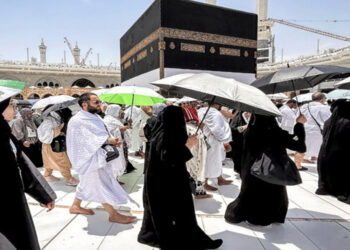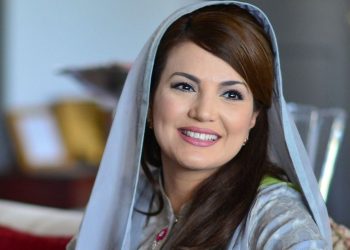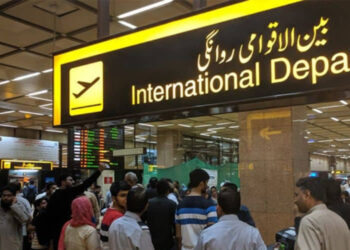Eid al-Adha, also known as the Festival of Sacrifice, is one of the most significant religious holidays celebrated by Muslims worldwide. This tradition is followed during the Islamic month of Dhul Hijah every year. As per traditions, Muslims across the world slaughter an animal –a cow, goat, sheep or camel– as a tribute to Prophet Ibrahim’s (AS) willingness to sacrifice his son Ismail.
During Eid al-Adha, Muslims perform the act of Qurbani, which involves sacrificing an animal. The sacrificed animal is chosen with care, and it should be in good health and free from any defects. The purpose behind Qurbani goes beyond the mere act of sacrifice. It holds deep symbolic and spiritual significance for Muslims.
What is Qurbani?
Qurbani means sacrifice. Every year during the Islamic month of Dhul Hijjah, Muslims around the world slaughter an animal – a goat, sheep, cow or camel – to reflect the Prophet Ibrahim’s willingness to sacrifice his son Ismail, for the sake of God.
At least one third of the meat from the animal must go to poor or vulnerable people. Traditionally, a Muslim would keep one third of the meat for their family and give the final third to their neighbours.
The significance of Qurbani
The practice of Qurbani can be traced back to the Prophet Ibrahim (AS), who dreamed that God ordered him to sacrifice his only son, Ismail (AS). In his devotion to God, Ibrahim agreed to follow his dream and perform the sacrifice. But God intervened and sent a ram to be sacrificed in Ismail’s place.
Ismail (AS) was spared because Ibrahim proved he would sacrifice his son as an act of piety, despite the loss it would have caused him. The continued practice of sacrifice acts as a reminder of Ibrahim’s obedience to God.
Eid-al-Adha, the Festival of Sacrifice, is celebrated during the twelfth month of the Islamic calendar, known as Dhul Hijjah – which translates as ‘Lord of the Pilgrimage’. It is during this month that pilgrims travel to Mecca in order to visit the Kaaba. Hajj is performed on the eighth, ninth and tenth days of the lunar month. Eid ul-Adha begins on the tenth and ends on the 13th.
Who needs to offer Qurbani?
The Hanafi school states that any adult, sane Muslim who possesses the Nisab value must give a Qurbani. So if you are eligible to pay Zakat, you need to offer a Qurbani.
The Maliki and Hanbali schools state that the person responsible for the household can make the Qurbani on their behalf.
’Ata bin Yasar reported, ‘I asked Abu Ayub (Al-Ansari) how the sacrifices (of animals) were done during the time of the Messenger of Allah (saw). He said, “A man would sacrifice a sheep for himself and the people in his household”’. (Tirmidhi)
However, in many households today, it is not uncommon to have two or more people who pay Zakat. The best and safest option is for all those who pay Zakat to offer their own Qurbani.





































